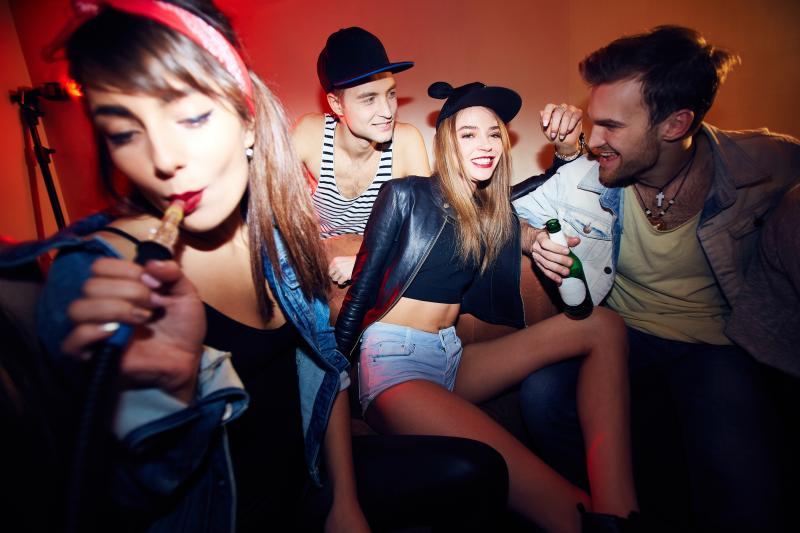
Adolescents with primary enuresis nocturna (PEN) are more likely to have social anxiety (SA), a recent study has found.
Fifty-six children (mean age, 13.71±1.71 years; 60.7 percent male) with monosymptomatic PEN underwent semistructured psychiatric interviews. Other scales, such as the Screen for Child Anxiety and Related Disorders (SCARED), Social Anxiety Scale for Adolescents and Children’s Depression Inventory (CDI) were also used. Forty-two healthy controls (mean age, 14.48±1.6 years; 42.9 percent male) were also enrolled.
The mean CDI score in PEN patients was 14.67±7.74. This was not statistically different than that in controls (16.11±8.58; t, –0.815; p=0.418). SCARED scores were also comparable between patients and controls (31.65±16.10 vs 26.28±13.13; t, 1.631; p=0.107).
However, when disaggregated according to subscale scores, PEN patients had higher SA than their control counterparts (5.54±2.7 vs 4.13±1.98; t, 2.674; p=0.009). The elevation of generalized anxiety was of borderline significance (7.30±4.32 vs 5.56±3.86; t, 1.954; p=0.054).
Scores in somatic/pain issues, school phobia and separation anxiety did not significantly differ between the two cohorts.
“The adolescents with PEN feel excessively distressed in new situations and fear of criticisms. They generally avoid social and general areas,” said researchers. This may lead to a delay in seeking help and treatment for their PEN.
“[A]ll adolescents diagnosed with PEN should require a detailed mental examination to prevent further negative consequences and [for caregivers to] provide more comprehensive treatment,” they added.